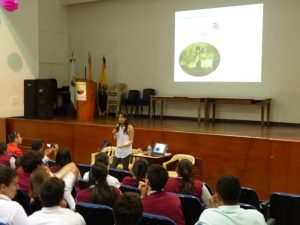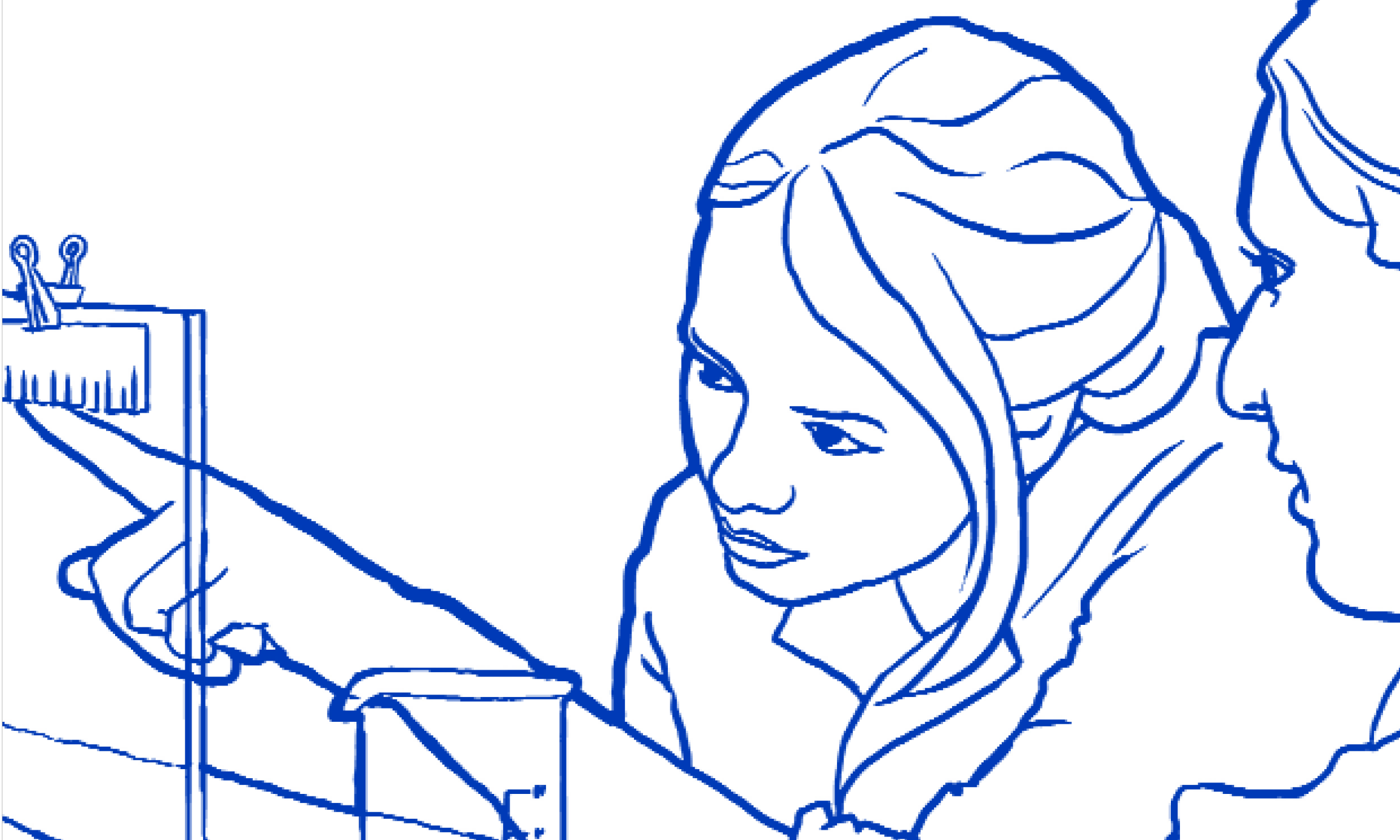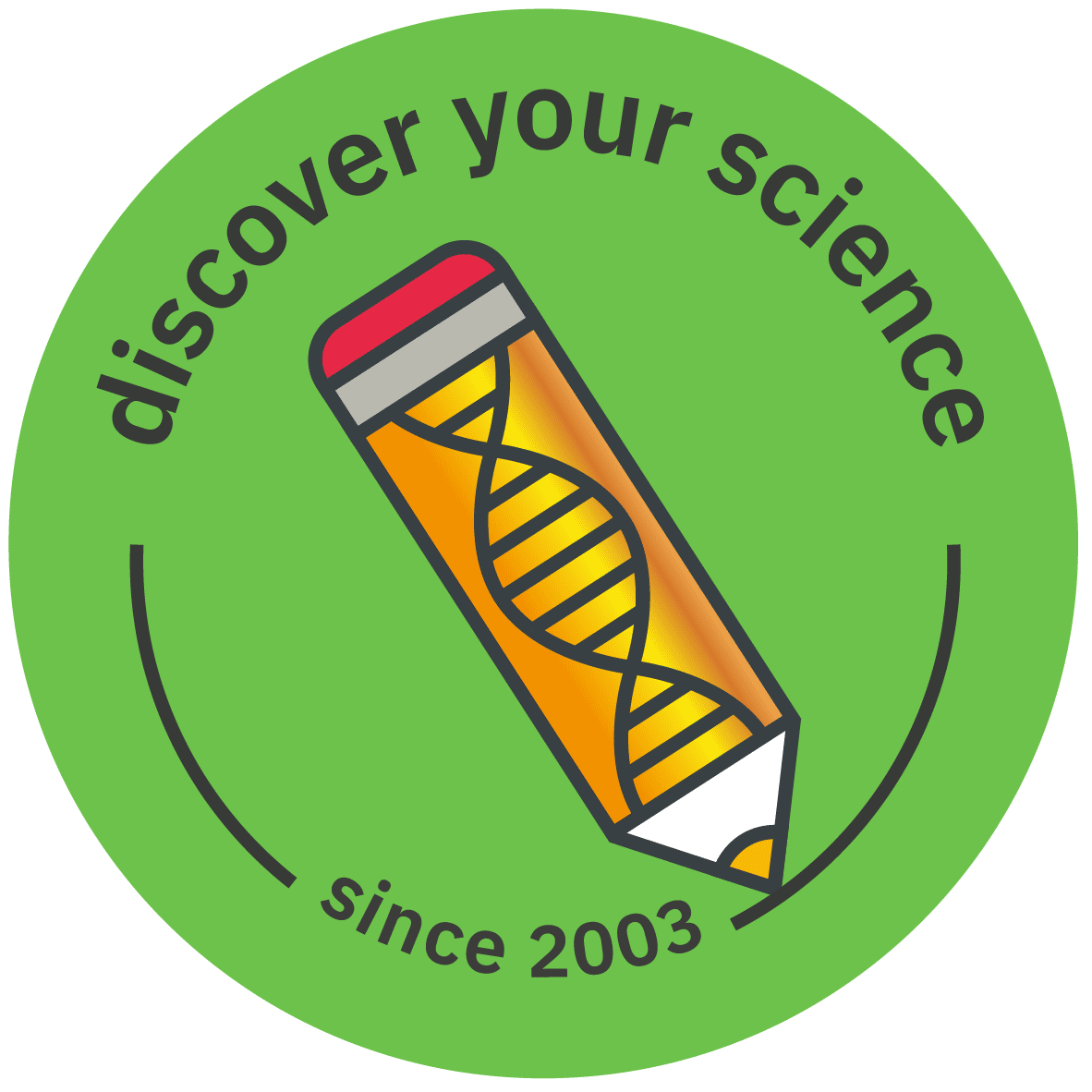EMBL School Ambassador Diana Ordonez
Country: Colombia
Profile
Hello! I am Diana Ordonez and I come from Barrancabermeja, a very warm and small city known as the “oil capital of Colombia” since it is home to the largest oil refinery in the country. Currently, I am part of the flow cytometry core facility and before joining EMBL I did quite a lot of things outside of my town and my country.
I studied microbiology in Bogota, then I moved to Mexico City where I did my PhD in the National University of Mexico, studying the molecules and mechanisms involved in T cell selection – a very important process involved in the establishment of immune tolerance. After my thesis I worked as a postdoctoral fellow in the ‘Centre d’Immunologie de Marseille-Luminy’ in France, where I acquired a lot of experience in the phenotyping and functional characterization of immune cells by flow cytometry approaches.
After hearing about the EMBL School Ambassador Programme over a coffee break, I became very excited about the possibility of visiting my old school and speaking to the students about my motivations and experiences throughout my career. You can read my impressions of the visit in my diary!
Diary
June 2016, visit to high-school in Barrancabermeja, Colombia
My visit was in June 2016 and I started the talk by explaining how the cells of our immune system communicate and act in concert in order to eliminate invading bacteria. I used analogies with players of a soccer team to explain how cells have different characteristics and capabilities to accomplish a specific function. While goalkeepers are usually tall guys with very good reflexes to stop the ball, macrophages are big cells equipped with receptors, vesicles and enzymes to “eat” and digest bacteria. After reviewing the role of different immune cell types and explaining how immunological memory is achieved, I introduced the importance of flow cytometry and antibody labelling to identify and physically separate cell populations for further analysis. Here, I had the chance to tell them about my day-to-day work at the EMBL flow cytometry facility and show them pictures of the equipment I use.
I also shared with them how my interest in science started with a visit to the doctor. When I was a child I was very susceptible to allergies and when the doctor explained that my cells were reacting against environmental agents and also mentioned that autoimmune diseases occur when immune cells react against own cells of the body, I was totally fascinated and by the end of the consultation I knew that I wanted to know more about these cells.
Finally, I dedicated some slides to tell the students about the different fellowships I got along my career. Since fellowship options in Colombia are very scarce, an important point of my talk was to show them that with dedication and good scores at the bachelor level it is possible to obtain a grant and move on to achieve your dream.
When I finished the talk, I was happily surprised by the number of raised hands. The students had many questions for me. While some were related to science or about how to get a fellowship, others were related to my life outside of Colombia. They were curious about my age and the number of languages I speak, and after confessing that my German is still at the “Wie heissen Sie”-level, I had the opportunity to tell them about EMBL and its international and exciting environment.
The visit was an enchanting and very challenging experience. It was great to be back at my school telling a bunch of kids that it does not matter whether you come from a small or big city, in a very developed or not so developed country, it is possible to realize your dream as long as you have the motivation and courage to go for it. I would like to thank the EMBL School Ambassador Programme, the academic coordinator of my school “Colegio El Rosario” for their help and disposition to arrange the visit and of course to the students for their participation.


